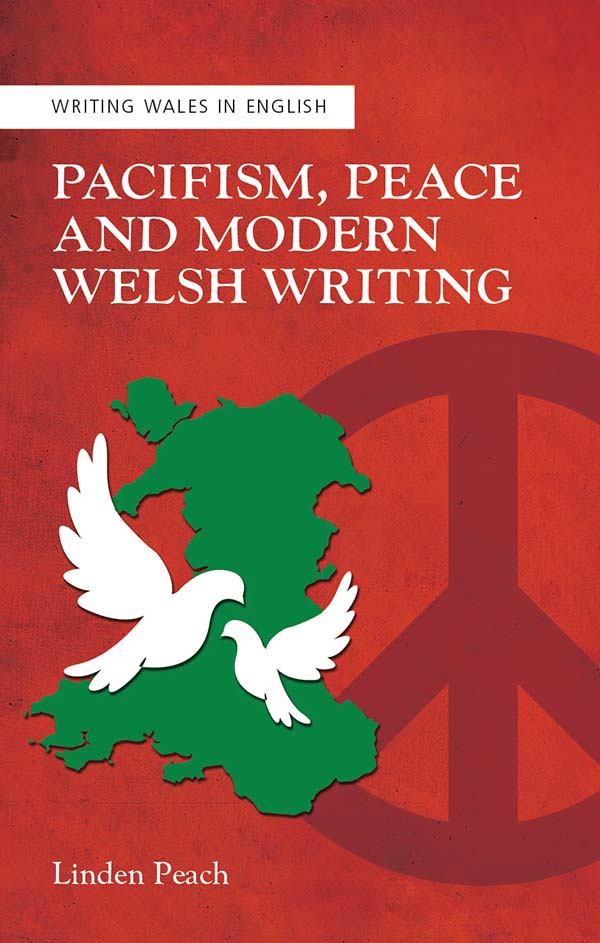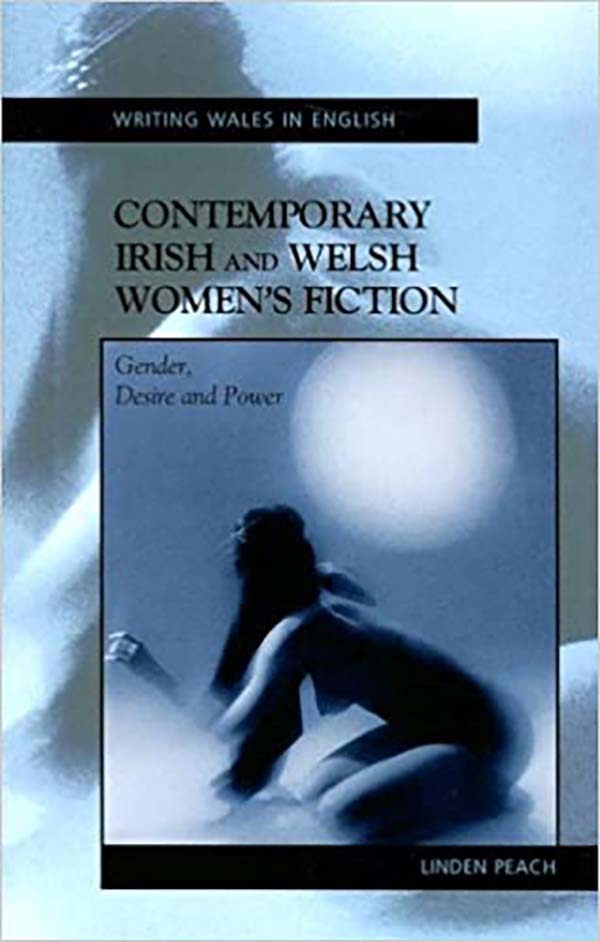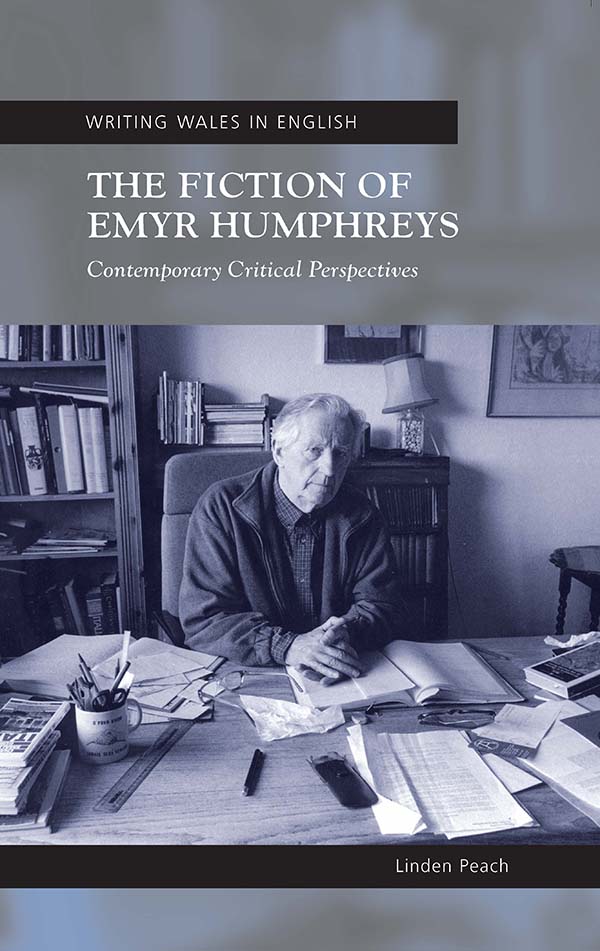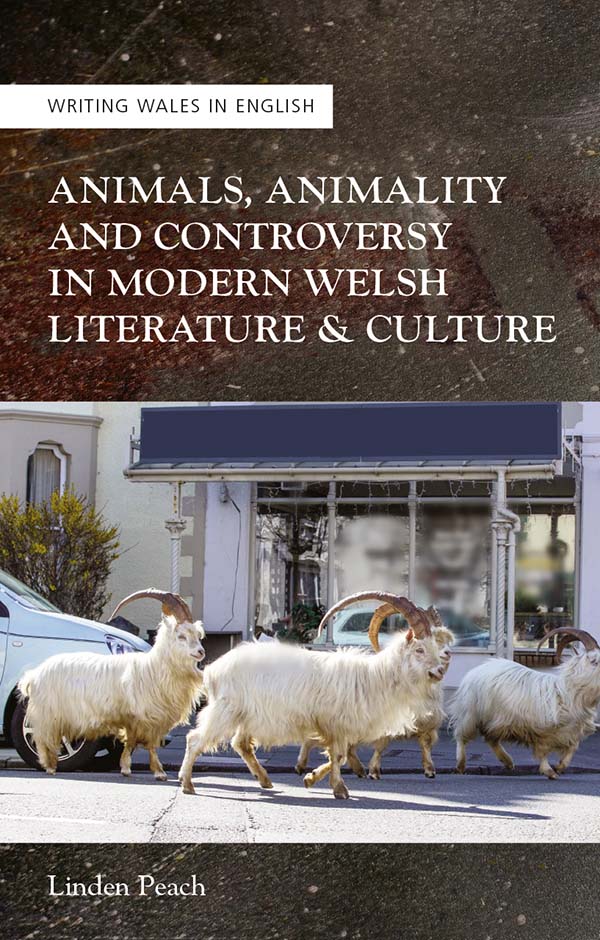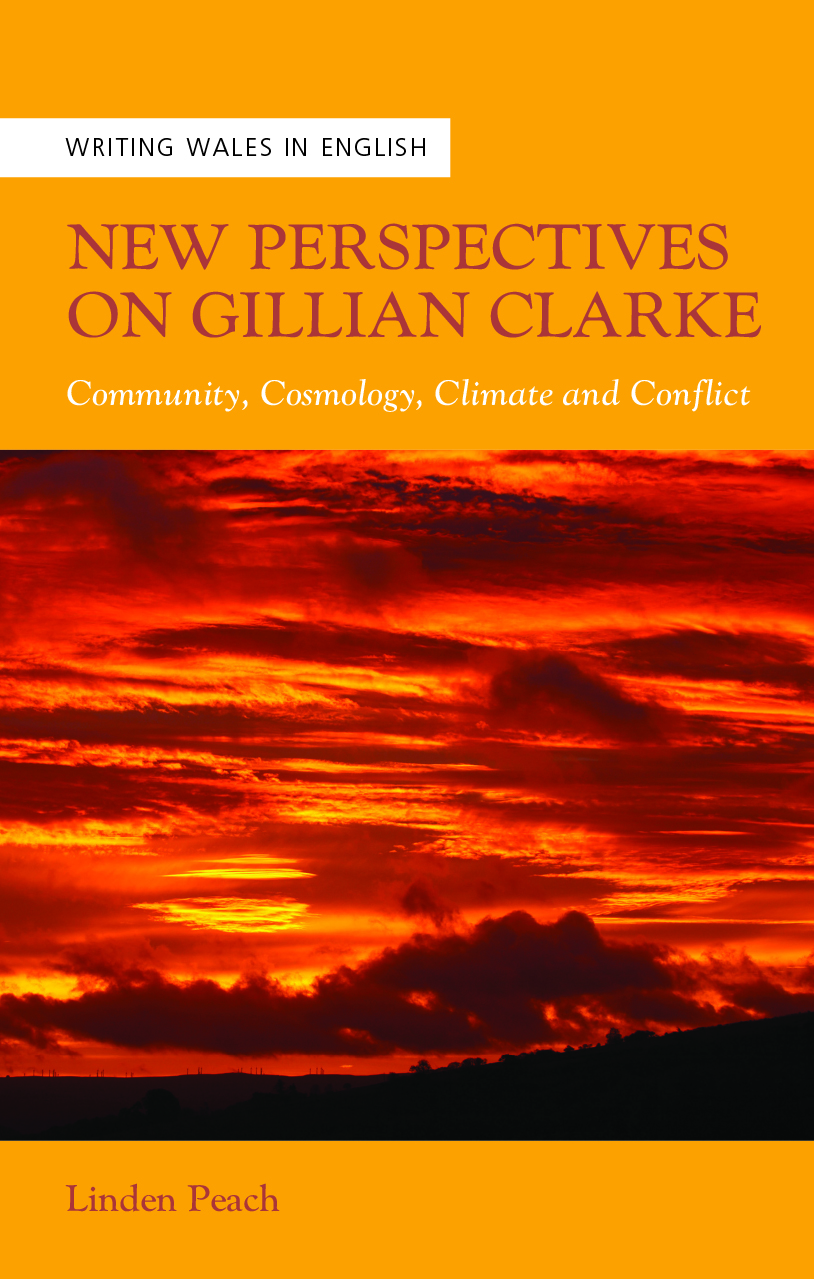Pacifism, Peace and Modern Welsh Writing
Author(s) Linden Peach
Language: English
Genre(s): Literary Criticism
Series: Writing Wales in English
- May 2019 · 256 pages ·216x138mm
- · Hardback - 9781786834027
- · Paperback - 9781786834034
- · eBook - pdf - 9781786834041
- · eBook - epub - 9781786834058
This book introduces the contribution of modern Welsh literature to our understanding of peace and pacifism – an important and much overlooked subject in Welsh studies. Taking a literary-historical approach to the subject, it reveals how modern Welsh writing opens up history in ways in which historical discourse alone sometimes fails to do. It argues that the concepts of peace, peacefulness and pacifism have played a broader and more complex role in Welsh life than has been recognised, primarily through an influential Welsh-language pacifist intelligentsia. The author reminds us that Welsh pacifism is distinguished from English pacifism by the Welsh language itself, its links with Welsh nationalism and by the fact that it faced challenges and pressures never encountered by English pacifism. Authors discussed in this study include Tony Curtis, George M. Ll. Davies, Pennar Davies, John Eilian, Emyr Humphreys, Glyn Jones, D. Gwenallt Jones, T. Gwynn Jones, T. E. Nicholas, Iorwerth C. Peate, Angharad Price, Ned Thomas, Lily Tobas and Waldo Williams.
Series Editors’ Preface
Preface
Acknowledgements
Pacifism and Protest:
Mapping Welsh Pacifism
The Bible and the Prison
Peace and Peacefulness:
The Spirit of Pacifism: Waldo Williams and D. Gwenallt Jones
Unpeaceful Voices: Writing the Home Fronts
Conflicting Worlds
Post-Pacifism: Peace and War
A Welsh Pacifist Translation of an English Classic an Afterword
Notes
Select Bibliography
Index


